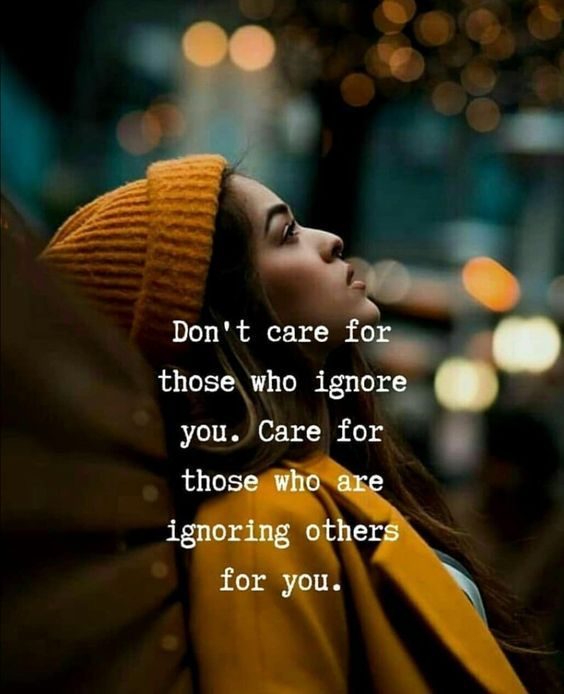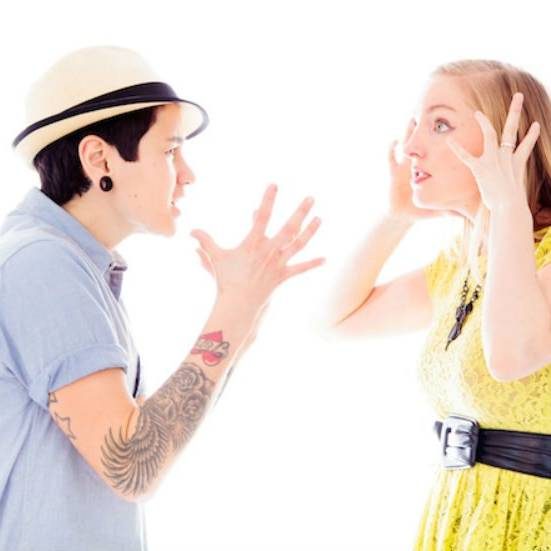 How to notice the warning signs before it’s too late.
How to notice the warning signs before it’s too late.
Hindsight is 20/20. What you do speaks so loudly I cannot hear what you say. A mistake made more than once is a decision. These are some of the platitudes that turn over in my mind as I sit on my living room floor, staring at my phone, jaw dropped wide open replaying the conversation I just had. The conversation where I finally had enough information to put all the crazy bits and pieces together to fully understand the broken relationship I just got out of.
The awareness begins to settle in and I lean back, heavy against the sofa, closing my mouth at last and telling no one in particular, “I totally got played.” Over the days and weeks that follow, as I put myself back together, my emotions roller coaster from anger to humiliation to righteous indignation. Months later, after I have grieved and processed, my Asics running out my fury every time they hit the pavement, only one emotion remains anger.
Not at Her. But at myself, for not noticing all the blaring red flags sooner. As I begin tiptoeing back into dating again, I can’t help but crave an emotional shield of sorts that will knock me upside the head the next time I ignore red flags. As I go about dating, I create my four ways to guard against ever ignoring red flags again.
-
I check myself.
The biggest question I ask myself these days in dating is: At this moment, am I ready to date? The number one sign that I’m ready to date again is if I’m able to really be present when I’m out on a date. Some signs from my past that I started dating too soon: when alone, occasionally crying over an ex, thinking about someone else while out on a date, feeling an ongoing sense of impatience in dealing with normal dating ins and outs, and a general unease when it comes to dating.
-
I go out with her for the right reasons.
I have found that if I go out with a woman because I’m genuinely interested in spending time getting to know her better because I can see potential romantic compatibility, then I’m less likely to ignore red flags later. These are some of the wrong reasons I have gone out with a girl: I’m lonely. I’m bored. I’m trying to avoid feelings of insecurity after a breakup. I have nothing else to do. It’s good for my ego. Because she’s the only one asking. The last one in particular has led to many a bad place in my dating life.
-
I stop making excuses.
When someone wants to spend time with you, they will. Period. When someone cares about you and has the skills to demonstrate it, they will. Period. I learned over time that when I find myself making excuses for a woman, I’m likely ignoring some glaring red flags. Oh, she’s just really distracted with work. She didn’t mean it the way it sounded. She’s just socially awkward. Each of these excuses may seem harmless in the moment, but for me, 99% of the time, when I have used these excuses for her behaviour, I later saw major red flags that I blatantly ignored earlier in the relationship.
-
I get really clear about my boundaries.
There is possibly no other skill that I have developed over time that has improved my dating and overall life more than developing healthy boundaries. Looking back on the biggest dating red flags in relationships, I got a pretty clear warning sign that something was off, I just didn’t hold my boundary. She lied about something small; I told myself a tiny lie never hurt anyone. She got aggressive when stressed out; I told myself she is just an intense person. She got condescending mid-conversation; I told myself she must have been spoken to that way as a kid. What I understand now is that not only was I making excuses for women, I was not honouring my own boundaries around integrity, safety, respect, and communication.
When it comes to dating, at some point, we choose to jump and choose vulnerability over singlehood. But while there are no guarantees about not getting played in relationships, by checking in on your emotional availability in dating and the reasons you’re going out with her, along with refusing to make excuses for shady behaviour and getting clear about your boundaries, you’re more likely to never miss a red flag again.




